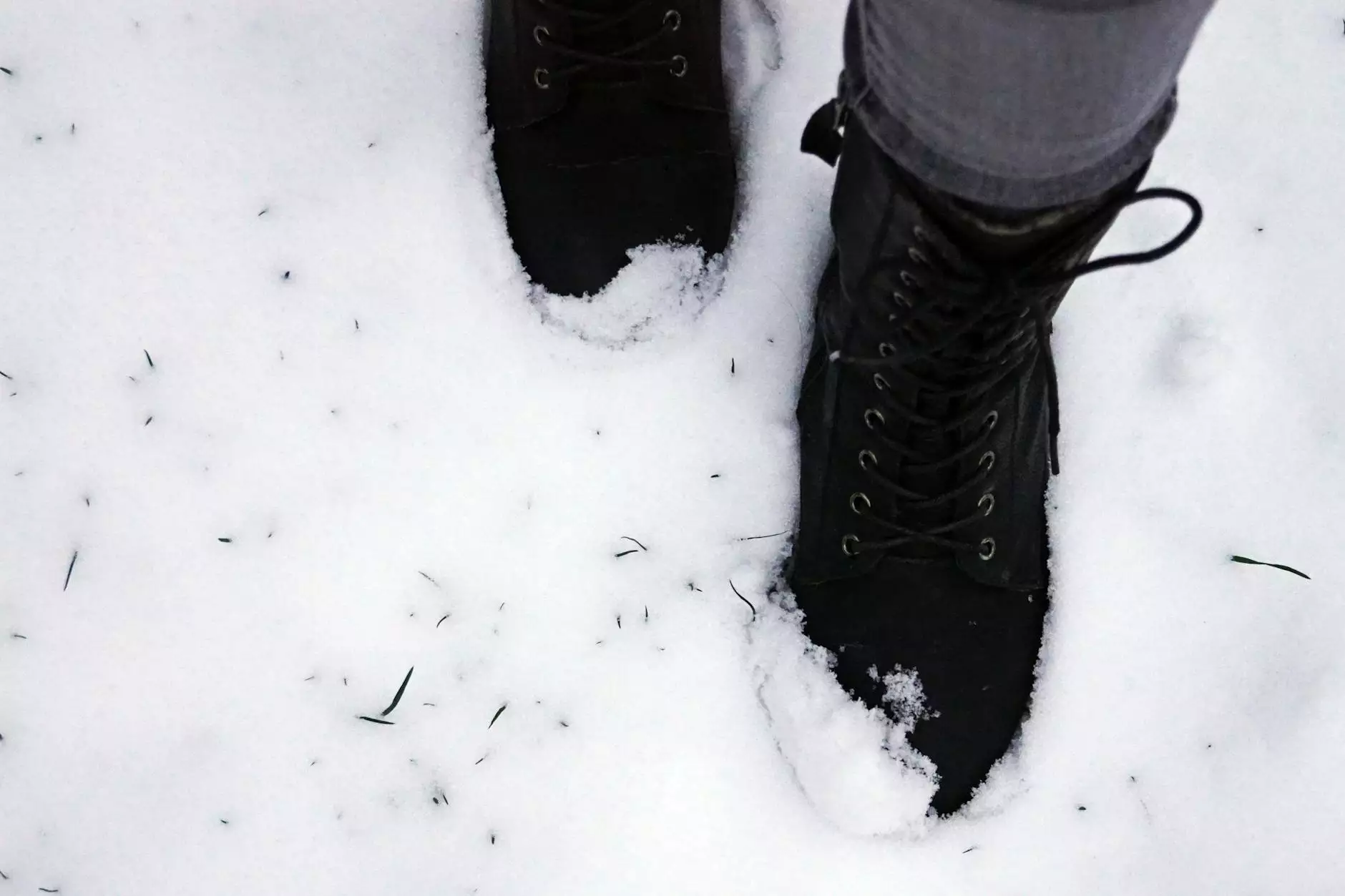Tipping in Nepal: A Comprehensive Guide for Travelers

Nepal is a beautiful country rich in culture, tradition, and stunning landscapes. For tourists and adventurers alike, understanding the local customs regarding tipping can greatly enhance your experience. This comprehensive guide will provide you with essential insights about tipping in Nepal, covering who to tip, how much to give, and the cultural significance behind it.
The Importance of Tipping in Nepal
Tipping is not just a common practice in Nepal; it is a way to show appreciation for services rendered. While your guide may not depend on tips for their livelihood, a generous tip is a token of recognition for their hard work and dedication. Moreover, it can significantly impact local communities, supporting families and fostering goodwill.
Understanding Local Customs
In Nepal, tipping etiquette varies by region, profession, and the type of service you receive. Generally, it is expected to tip in most service-oriented professions. Being aware of the local standards will help you navigate this aspect of your travel smoothly.
Who to Tip?
Here’s a detailed breakdown of who you might consider tipping during your travels in Nepal:
- Guides: Whether you are on a trek or a city tour, your guide plays an essential role in your experience. Typically, a tip ranging from NPR 500 to NPR 1,000 per day is appreciated.
- Porters: For those trekking in the Himalayas, porters carry your gear and ensure your comfort. A tip of about NPR 300 to NPR 700 per day per porter is a good practice.
- Drivers: If you hire a driver, a tip of around NPR 300 to NPR 500 per day is customary.
- Hotel Staff: For hotel services, it is common to leave a tip of NPR 100 to NPR 300 for housekeeping and front desk staff.
- Restaurants: Tipping in restaurants is a common practice. Leaving 5% to 10% of your total bill is considered polite.
How Much to Tip?
Deciding how much to tip can sometimes be challenging. Here’s a closer look at specific tipping amounts based on various services:
Dining Out
In restaurants, if service charges are not included, you can leave a tip based on the quality of service. For budget restaurants, a tip of NPR 50 to NPR 100 will suffice, while in mid-range or higher-end restaurants, consider leaving 10% of your total bill.
Trekking and Tours
On trekking excursions, the tipping culture can be different. It’s typical to collect tips towards the end of the trip, addressing the entire team of guides and porters. An average amount to aim for is:
- Lead Guide: NPR 1,000 - NPR 3,000
- Assistant Guides: NPR 500 - NPR 2,000
- Porters: NPR 500 - NPR 1,500
Best Practices for Tipping in Nepal
Following these best practices can make your tipping more meaningful:
Be Respectful and Thoughtful
When you step into a culture as unique as Nepal's, showing respect through your tipping practices is crucial. Always hand the tip directly to the person you want to reward; this gesture adds a personal touch...
Observe and Follow Local Norms
Pay attention to what other tourists are doing, or ask locals if you're unsure. This will help you gauge appropriate tipping levels and address local customs.
Currency Considerations
It’s advisable to tip in the local currency (Nepalese Rupees) rather than foreign currency. This ensures that your tip can be fully utilized by the recipient.
Cultural Significance of Tipping
In Nepalese culture, tipping is more than a financial transaction; it's a reflection of respect and appreciation. A tip transcends monetary value, showcasing your acknowledgment of the service and the hard work of the individuals supporting your journey.
Building Relationships
Tipping can lead to stronger relationships with service providers, especially in tourism and hospitality. A little extra appreciation can turn a standard service interaction into a memorable experience, potentially opening doors for more personal connections during your travels.
Common Misconceptions About Tipping in Nepal
Despite the clear importance of tipping, various misconceptions can lead to confusion:
Tipping Is Not Mandatory
While tipping is encouraged, it is not an absolute requirement. It's still important to tip based on the quality of service received.
All Services Expect the Same Tip
Each service has its standard, and understanding these nuances can help ensure that your tipping practices are appropriate.
When to Avoid Tipping
Although tipping is generally welcomed, there are circumstances when you may want to refrain from tipping:
When Service is Below Expectations
If you receive poor service, it’s okay to not leave a tip. Consider expressing your dissatisfaction to the provider directly instead.
Prepaid Services
In cases where you’ve prepaid for services, such as package tours, the expectation for additional tipping is diminished. However, a small tip for exceptional service is still appreciated.
Conclusion
Understanding tipping in Nepal is essential for travelers aiming to make their trip more rewarding while showing appreciation for the hard work of local service providers. By adopting the suggested practices outlined in this guide, you can create a positive impact not only during your travels but within the local community as well. Your kindness can contribute to uplifting those who serve you, forging connections that go beyond mere transactions.
As you embark on your journey in this wonderful nation, remember that a little thoughtfulness can go a long way in enhancing your travel experience in the majestic landscapes of Nepal.









